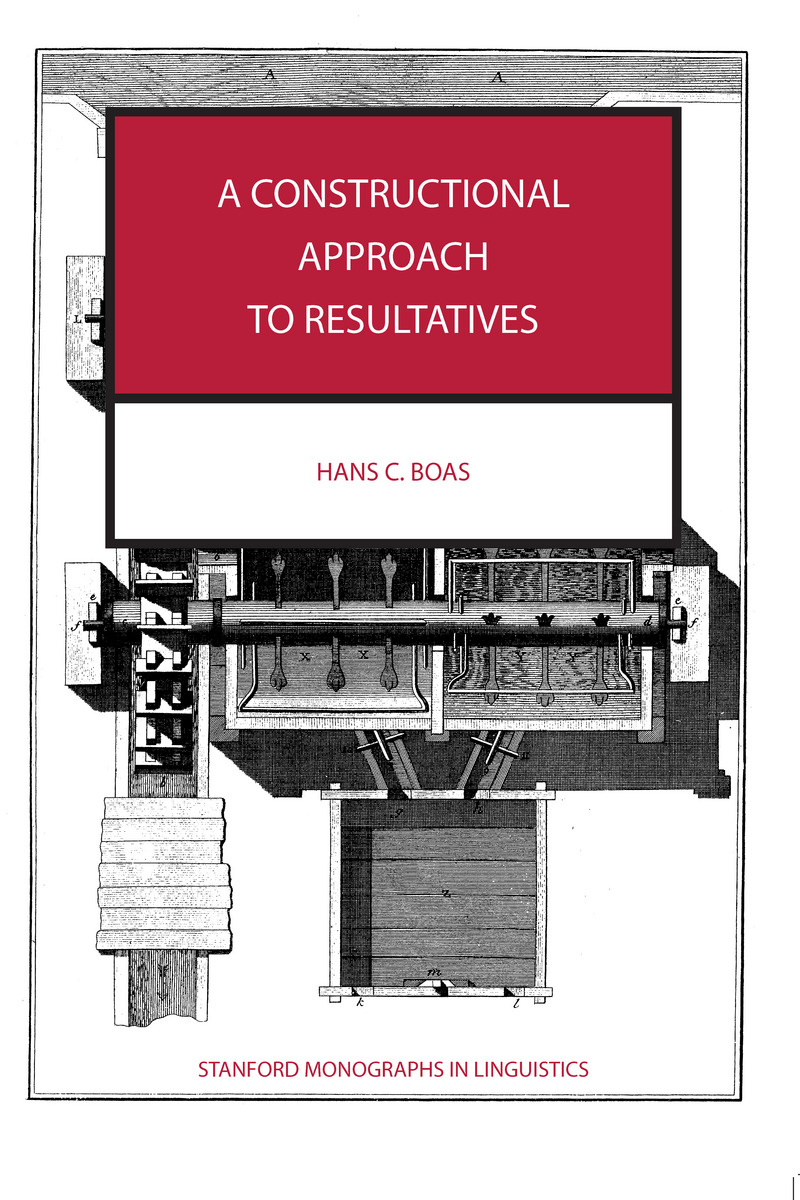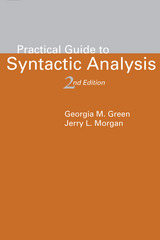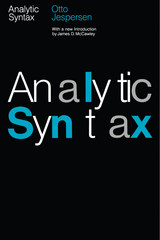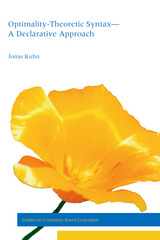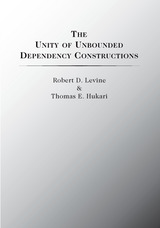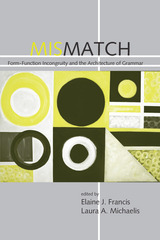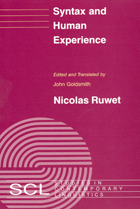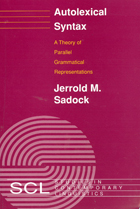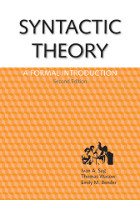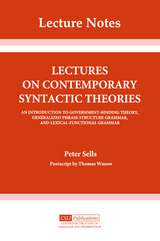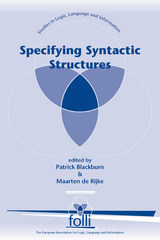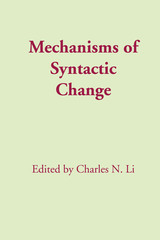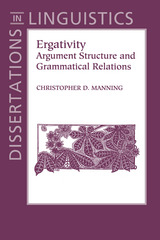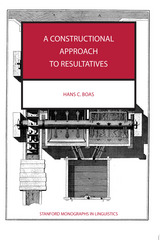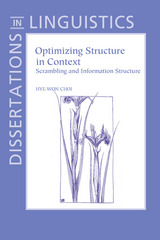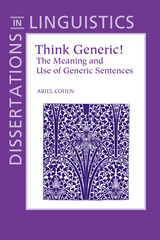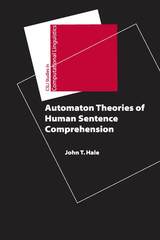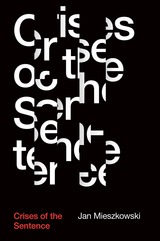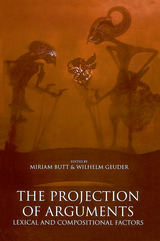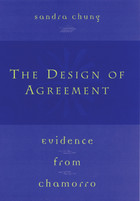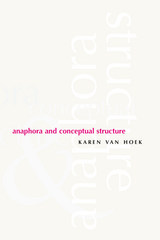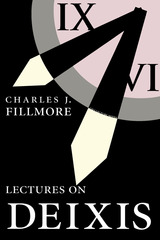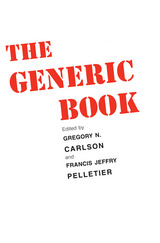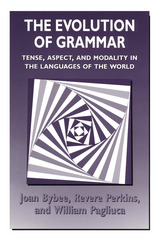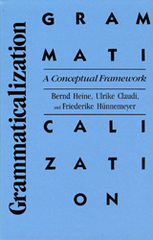A Constructional Approach to Resultatives
CSLI, 2003
Cloth: 978-1-57586-407-5 | eISBN: 978-1-57586-987-2 | Paper: 978-1-57586-408-2
Library of Congress Classification P293.4.B6 2003
Dewey Decimal Classification 425
Cloth: 978-1-57586-407-5 | eISBN: 978-1-57586-987-2 | Paper: 978-1-57586-408-2
Library of Congress Classification P293.4.B6 2003
Dewey Decimal Classification 425
ABOUT THIS BOOK | TOC
ABOUT THIS BOOK
Providing a unified solution within the frameworks of Construction Grammar and Frame Semantics, Hans Boas develops an account of resultative constructions in English by grouping them in two classes: conventionalized and non-conventionalized. The usage-based model used here proposes that each particular sense of a verb constitutes a conventionalized mini-construction, which is crucial information for the licensing of arguments. In contrast, verbs in non-conventionalized resultative constructions can acquire a novel meaning and thereby a new syntactic frame. English and German resultatives are compared to illustrate the distinct lexical polysemy networks of English and German verbs.
See other books on: Boas, Hans C. | Grammar & Punctuation | Language Arts & Disciplines | Linguistics | Science
See other titles from CSLI
